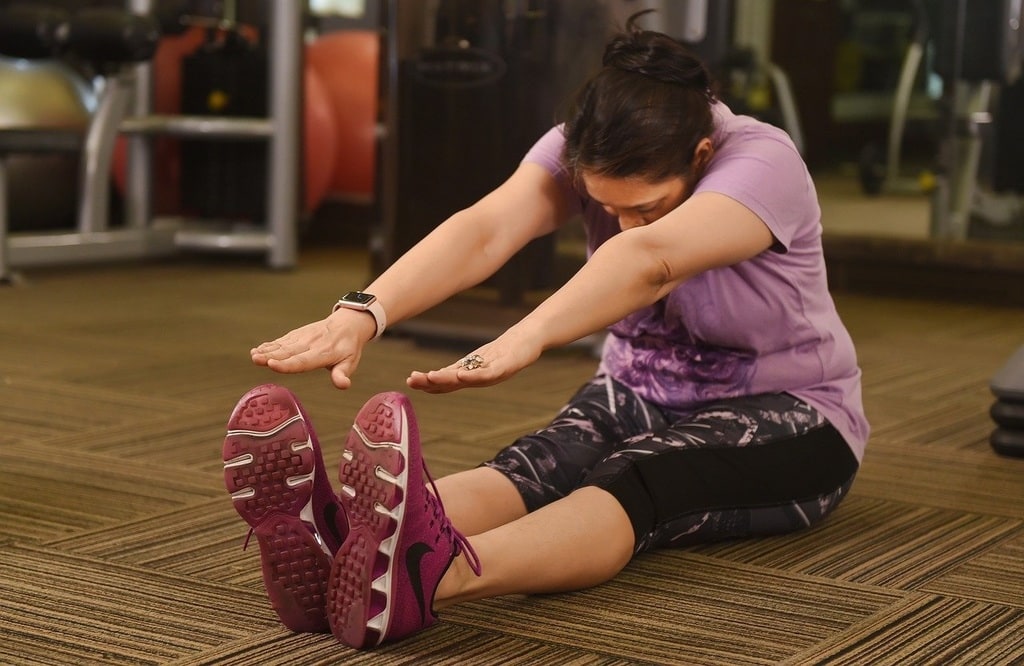Making small, manageable changes to your daily habits can significantly enhance your overall well-being. These adjustments can positively impact both your physical health and mental state, leading to a more balanced and fulfilling life. Below, you’ll find practical lifestyle changes that can make a substantial difference in your well-being.
Effective Lifestyle Changes to Enhance Your Well-Being
The journey to improved well-being starts with understanding the areas of your life that could benefit from positive change. Adopting healthier habits can lead to increased energy, better mood, and improved physical health. Whether it’s through diet, exercise, or mindfulness, each step you take can contribute to a healthier, happier you.
Prioritize Nutrition
A balanced diet is the foundation of good health. Incorporating a variety of foods from all food groups ensures your body gets the necessary nutrients to function optimally. Here are some ways to enhance your nutrition:
- Eat more fruits and vegetables: these are rich in essential vitamins, minerals, and antioxidants.
- Choose whole grains over refined grains: whole grains provide more fiber and nutrients.
- Incorporate lean proteins: options like chicken, fish, beans, and legumes are excellent choices.
- Stay hydrated: drinking enough water daily is vital for maintaining bodily functions.
By making conscious choices about what you eat, you can fuel your body more effectively, leading to increased energy levels and better overall health.

Regular Physical Activity
Incorporating regular physical activity into your routine is another key aspect of improving well-being. Exercise has numerous benefits, including enhanced cardiovascular health, stronger muscles, and improved mental clarity. Here are some activities to consider:
- Walking or jogging: simple yet effective ways to get moving.
- Strength training: helps build and maintain muscle mass.
- Yoga or Pilates: great for flexibility and mental relaxation.
- Sports or group activities: make exercise enjoyable and social.
Aiming for at least 30 minutes of moderate exercise most days of the week can lead to significant health benefits. Not only does physical activity help manage weight, but it also releases endorphins, which improve mood and reduce stress.
Prioritize Sleep
Quality sleep is as essential as diet and exercise for maintaining good health. Adequate sleep helps the body repair itself, supports brain function, and enhances emotional well-being. Consider these tips for better sleep:
- Establish a regular sleep schedule: go to bed and wake up at the same time every day.
- Create a restful environment: keep your bedroom cool, dark, and quiet.
- Limit screen time before bed: blue light from devices can interfere with sleep quality.
- Avoid caffeine and heavy meals before bedtime: these can disrupt your sleep patterns.
By fostering healthy sleep habits, you can improve your physical health, mental clarity, and emotional stability.
Mindfulness and Stress Management
Managing stress effectively is vital for overall well-being. Chronic stress can have detrimental effects on both physical and mental health. Here are some techniques to manage stress:
- Practice mindfulness meditation: helps to focus on the present moment and reduce anxiety.
- Deep breathing exercises: can quickly calm the nervous system.
- Engage in hobbies: activities you enjoy can be a great way to relax.
- Connect with others: social support is crucial for stress management.
Integrating these practices into your daily life can help you maintain a calmer, more balanced state of mind, reducing the impact of stress on your health.
Healthy Relationships
Nurturing positive relationships with family, friends, and colleagues is essential for emotional well-being. Strong social connections provide support during tough times and enhance joy during good times. Here are ways to strengthen your relationships:
- Communicate openly and honestly: clear communication builds trust and understanding.
- Show appreciation and gratitude: small gestures can strengthen bonds.
- Spend quality time together: engage in activities that you both enjoy.
- Be a good listener: listening actively shows that you care.
Healthy relationships can significantly contribute to a sense of belonging and happiness, positively impacting your overall well-being.
Making Time for Self-Care
Self-care is an essential aspect of maintaining well-being. It involves taking deliberate actions to care for your physical, mental, and emotional health. Here are some self-care activities:
- Engage in physical activities you enjoy: this could be anything from dancing to gardening.
- Take time to relax: whether through reading, bathing, or simply sitting quietly.
- Pursue personal growth: engage in activities that challenge and inspire you.
- Set boundaries: protect your time and energy by learning to say no.
By incorporating self-care into your routine, you ensure that you are taking time to recharge and care for yourself, which is crucial for sustained well-being.
Incorporating these lifestyle changes into your daily routine can lead to significant improvements in your well-being. Remember, each small step taken towards a healthier lifestyle can have a profound impact on your overall health and happiness.
